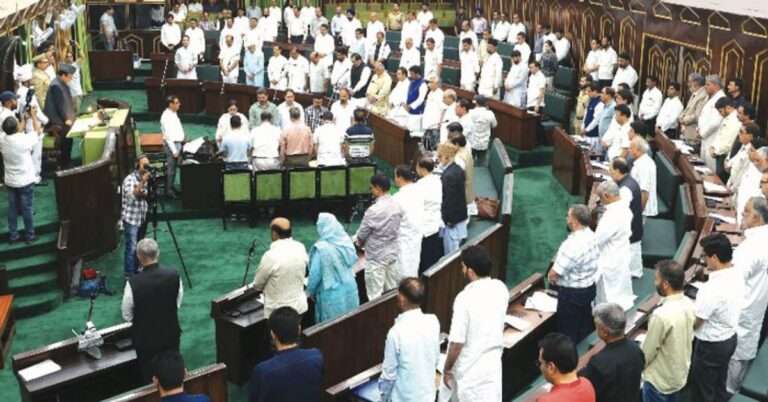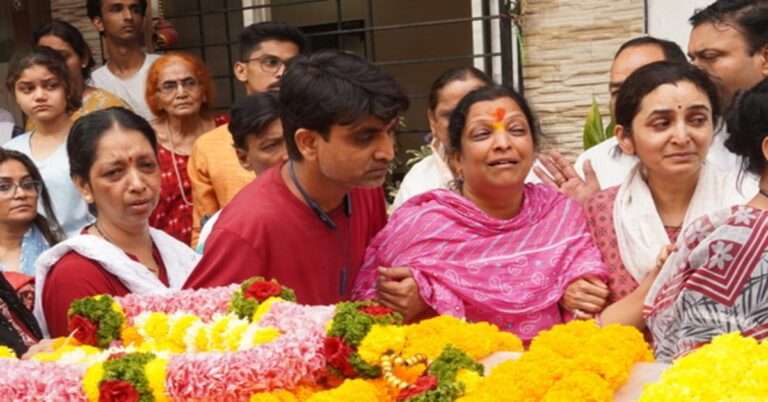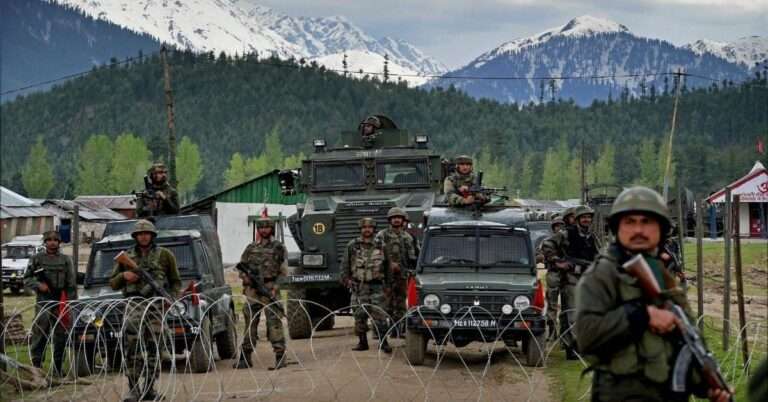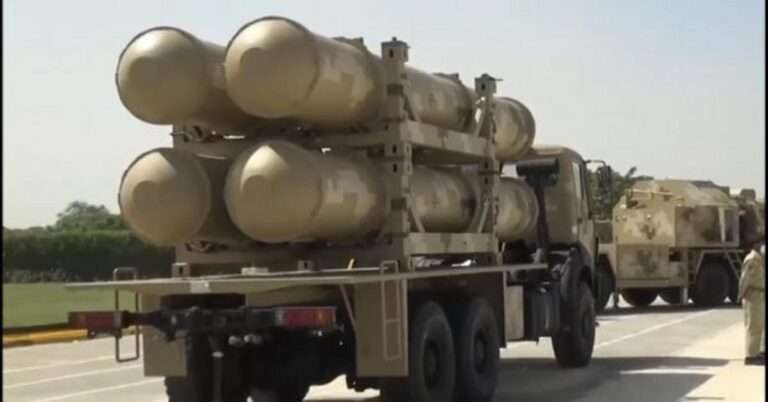
Title: Central Forces Deployed in Bengal Amid Waqf Protests: Understanding the Murshidabad Violence
In recent news, the deployment of central forces in Bengal has been a response to the violent protests over the issue of Waqf in Murshidabad. The situation has escalated, leading to a grave and volatile environment in the region. Let’s delve into the details and understand the key points surrounding the Murshidabad violence.
The ongoing protests in Murshidabad have sparked unrest and chaos, prompting the need for central forces to step in and restore order. The issue at hand revolves around Waqf properties, which are religious endowments in Islam. These properties hold significant cultural and religious value, making them a sensitive subject for many.
The primary reason for the protests stems from disputes over the management and ownership of Waqf properties in the area. This has resulted in clashes between groups with conflicting interests, leading to violence and turmoil. The escalation of tensions has necessitated the intervention of central forces to prevent further unrest and ensure the safety of the public.
As the situation unfolds in Murshidabad, it is crucial to understand the implications of the violence and its impact on the community. The deployment of central forces signals a serious concern for the authorities, highlighting the need for swift action to address the underlying issues fueling the protests.
In times of crisis, unity and cooperation are essential to finding peaceful resolutions to conflicts. It is imperative for all parties involved to engage in constructive dialogue and seek common ground to prevent further violence and promote harmony in the region. By working together, we can overcome challenges and build a safer, more inclusive society for all.
The deployment of central forces in response to the Murshidabad violence serves as a reminder of the importance of maintaining law and order in our communities. It is a collective responsibility to uphold peace and stability, ensuring that all individuals can live without fear of conflict or harm. By standing together and supporting one another, we can create a better future for generations to come.
As we reflect on the events unfolding in Murshidabad, let us examine the underlying causes of the protests and work towards addressing them effectively. Through open communication, empathy, and understanding, we can bridge the divides that fuel unrest and build a more cohesive society based on mutual respect and cooperation.
In conclusion, the deployment of central forces in Bengal amid the Waqf protests in Murshidabad reflects the gravity of the situation and the need for immediate action. By engaging in dialogue, fostering unity, and working towards peaceful resolutions, we can overcome challenges and promote harmony in our communities. Let us stand together in solidarity and strive towards a brighter, more peaceful future for all.




